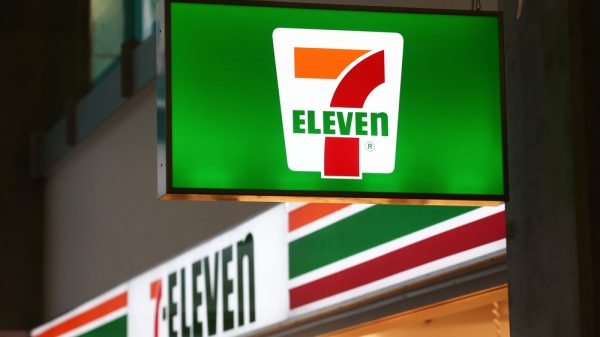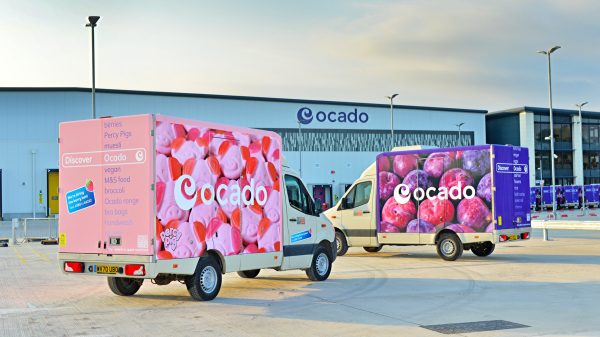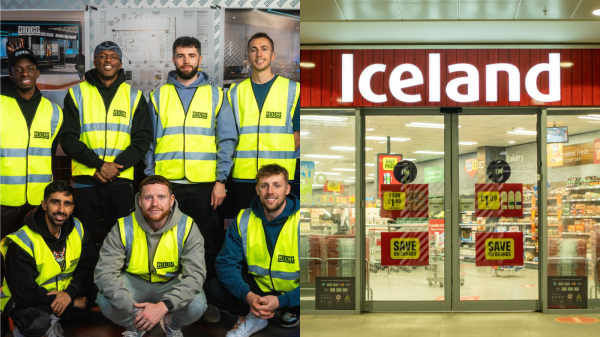Unilever’s CEO has said that it will no longer seek to “force-fit” all of its brands with a social purpose, following a backlash over the company’s ‘virtue-signalling’.
According to the Financial Times, the leading manufacturer has now laid out a plan to drive growth following years of disappointing performance.
As part of the consumer group’s quarterly results, CEO Hein Schumacher said he has a strategy focused on faster growth and an overhaul of the group’s leadership team.
Underlying sales in the three months to the end of September rose 5.2%, while turnover fell 3.8% to €15.2bn (£13.2bn).
However, the company also raised prices by 5.8% in the quarter, while sales volumes fell 0.6%.
The company said higher prices had forced down volumes, particularly in Europe, where sales volumes fell 10.7% as consumers traded down to cheaper products.
It comes as Unilever’s new chief executive promised in August that he will look with “fresh eyes” at the decision to retain its Russian business, as the FMCG giant came under pressure to cease operations in the country.
Subscribe to Grocery Gazette for free
Sign up here to get the latest grocery and food news each morning
Chief executive Hein Schumacher said: “The quality of our growth, productivity and returns have all underdelivered,” he said, as Unilever revealed price increases had led to rising sales but it had suffered another drop in market share in the third quarter.
Schumacher said that for some brands, purpose was central to the marketing and positioning to consumers, but for others, it was an “unwelcome distraction.”
“Not every brand should have a social or environmental purpose. And we don’t want to force fit that on brands unnecessarily,” he told the Financial Times.
“Expressing more long-term commitment and ambitions is not going to help. We need to step up and drive short-term action and be super transparent about what we can achieve.”
Earlier this year, Unilever allowed its 3,000 Russian workforce to be conscripted into the Ukraine war, while more than 7,000 Nestlé employees in the country were also at risk of being called to fight.









